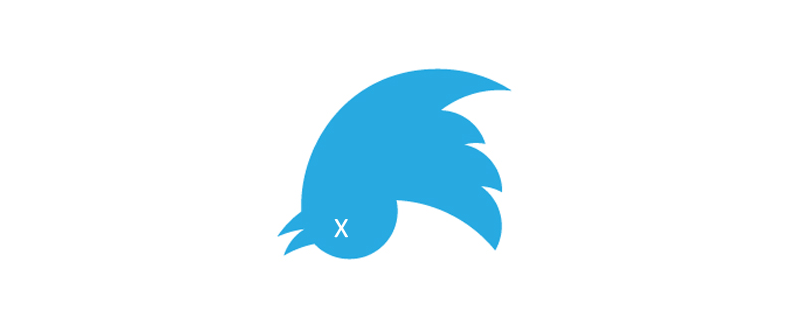When Twitter announced that it would ban all political ads (including the issue-focused variety), I wasn’t shy about what I thought: I called it a cop-out. Why?
Twitter wants the best of all possible worlds — for itself. It’s perfectly happy to play a central part in our political discourse. Few news stories are now complete without quoting or embedding some comment first posted to the platform, and with Trump in the White House, we live in a reality where entire treaties, policies, careers and even lives can be upended in 240 characters or less.
But Twitter wants to avoid the responsibility that naturally comes with such an exalted role. Rather than enforce a policy to review promoted tweets (which are still a relatively rare political tool), the company has simply washed its hands of the affair, even as bad actors regularly conspire to spread disinformation and outright lies. As long as they don’t pay, they can play.
Who’s hurt by a political ad ban? Legitimate political actors who don’t hire or build bot-nets, for a start, particularly the ones whose tweets DON’T command national attention by default. Promoted tweets help campaigns and advocacy organizations get their messages in front of targeted audiences, including ideas outside the mainstream that would otherwise have an even harder time breaking through. They can also help an organization or candidate under attack: if smears are spreading on Twitter, the target can use promoted tweets to counter them in the medium where they live. Without promoted tweets, a campaign has to hope that supporters notice its organic content and share it — and that THEY have enough juice to keep it from sinking in a sea of disinformation. One winner? Organizing tools that include the option to form supporters into social-media response teams.
Ultimately, Twitter’s ad ban helps the big guys and hurts the people who don’t already have power or a high public profile. Trump will be just fine, but that community advocacy organization across town just lost a chance to put its issues in front of politicians, staff, journalists and activists who may otherwise not have a chance to encounter them. And all because Twitter either wanted to score cheap points against Facebook, which isn’t banning political ads (yet), or because the company simply didn’t want to allocate the resources required for a real monitoring program. Of course, if you might promote your “trademark-infringing content” or commit other acts that could harm the “quality and safety of the Twitter Ads platform”, Twitter’s review process is out to get you. Priorities are priorities, after all.
Note: tomorrow we’ll talk about who wins and who loses if Facebook ads go extinct, too.
– cpd

